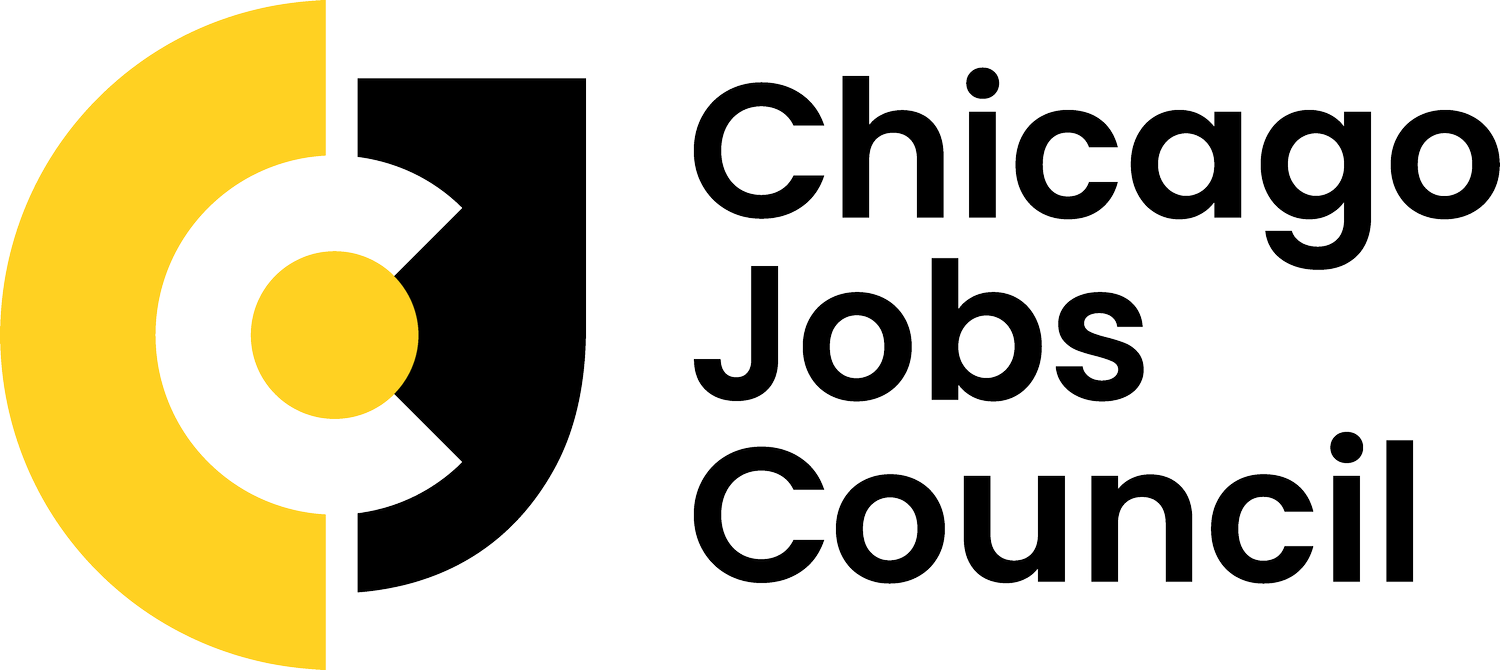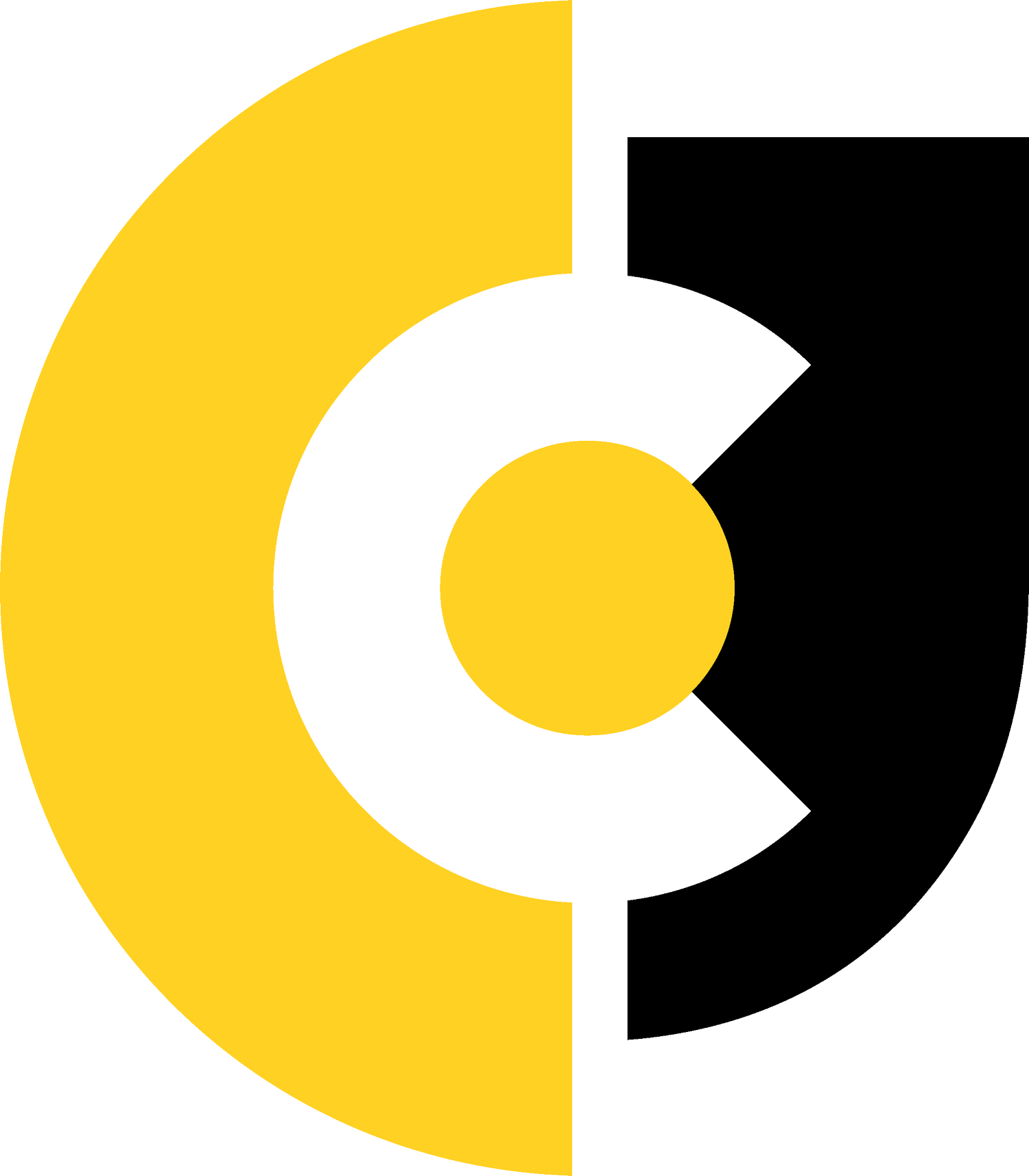A Women’s History Month Conversation with Chicago Jobs Council’s Director of Frontline Focus, Tanvi Shah
Tanvi Shah is the Director of Capacity Building at Chicago Jobs Council. In this role, she oversees an initiative to build a comprehensive approach to career readiness services for the workforce development field. She also supports and helps to elevate the work of frontline organizations striving to create a more equitable society. In this Women’s History Month conversation, Tanvi shares more about her work, the women that have inspired and supported her, and why Women’s History Month is so important.
Tanvi, what do you love most about the work you do at the Jobs Council?
I love the ambitious nature of our work, the opportunity for us to impact the entire system, and the fantastic partners we have in the field who are doing innovative, groundbreaking work of their own. Together, we have the opportunity to redesign the field and shape it so it better serves BIPOC individuals and communities.
How has the pandemic affected your work?
At the beginning of the pandemic, we paused our public trainings and took the time to hear from practitioners on the frontline in order to understand what challenges they were facing and what support they needed. We then worked to shift the bulk of our in-person trainings to the online format – that was a big shift for us as a team. We were learning new skills and adapting best practices in order to train the field and support them as they were also shifting their work to the virtual environment. We were also trying to be very intentional in acknowledging the trauma we were experiencing collectively, and then providing tools and resources to support frontline practitioners and their participants as they were navigating this time together.
We are currently celebrating Women’s History Month at the Jobs Council. Can you tell us what this month means to you and why it’s important?
Women’s History Month is a chance for us to celebrate the contributions of women who have been essential in shaping our history. But their accomplishments are often ignored or erased. And that’s even more true, for BIPOC women, trans women, as well as non-binary individuals. This month gives us an opportunity to pause, reflect on the collective accomplishments of women, recognize all they’ve done to make our world more equitable, and also acknowledge all the work that still needs to be done.
Is there a woman that inspires you in your work?
Ai-jen Poo is a woman who inspires me. She is an amazing labor activist who works to organize domestic workers. She’s currently the director of the National Domestic Worker Alliance and has focused her work on trying to support those who are most vulnerable in the labor market.
There are so few protections for domestic workers, and yet they’re so critical to the rest of the labor market. Their work is often unacknowledged and unrecognized, so the work she’s doing, organizing that community and fighting for protections, is incredibly inspiring.
All of the staff at the Jobs Council are also doing inspiring work. How are you and your team breaking barriers faced by women in workforce development?
The Frontline Focus team is a group of amazing women. Our goal has always been to provide tools, resources, and professional development training to support frontline practitioners in our field. The FFTI audience reflects the workforce development field at large as we primarily support women of color. Our aim has been to support these individuals as they are advancing in their careers, provide them the networks they need to do their work, and also make sure they are given information and tools so they can move up in their organizations and impact the field from these leadership and systems level positions.
As you do this important work, have there been any women who have mentored you?
In my current role, I’d say that the previous director had been a key supporter of my work and has been a mentor to me as I took on the role of the director. Additionally, in my previous role, I got to work with a team of amazing women who were working in the immigrant community. And so, throughout my career, I’ve had the opportunity to learn from women, have them as thought partners, and be supported on both a day-to-day basis, but also on the larger career questions that I’ve had. I count myself really lucky that I’ve been surrounded by these strong women who have done incredible work and have supported me in doing the same.
What advice would you give to women in workforce development?
To take care of themselves, be a bit selfish, and prioritize themselves and their needs. There is a tendency for women in our field to be asked of so much and to continually give so much of themselves to the work. That often leads to burnout. The role that women play in our field is so essential, and so my hope is that find balance so they can continue doing the work, innovating, and changing the field for the better. And so, be selfish. Do what you need to do to take care of yourself.
Now for a couple fun questions. Is there a song by a woman you are really enjoying right now?
My favorite song right now is by Joy Oladokun and it’s called Sunday. It’s heartfelt; it’s emotional. It’s just lovely. She’s got a fantastic voice. If you get a chance, check her out.
What about a book you’d recommend?
My favorite book to recommend is called Invisible Women by Caroline Perez. It’s about data bias and it will make you angry and rethink the world around you and it’s just a great read.
Great recommendations!
Enjoy! Happy Women’s History Month from the Chicago Jobs Council


